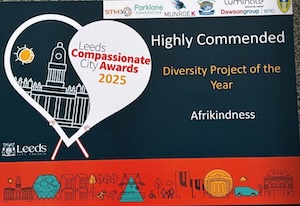Introduction
Observed annually on May 25th, Africa Day is a vibrant celebration of the African continent’s diverse cultures, history and achievements. This significant day holds tremendous importance, not only for Africans, but also for people worldwide who recognize the invaluable contributions Africa has made to our global community. In this blog, we will delve into the origins of Africa Day, its significance, and how it is celebrated across the continent and beyond.
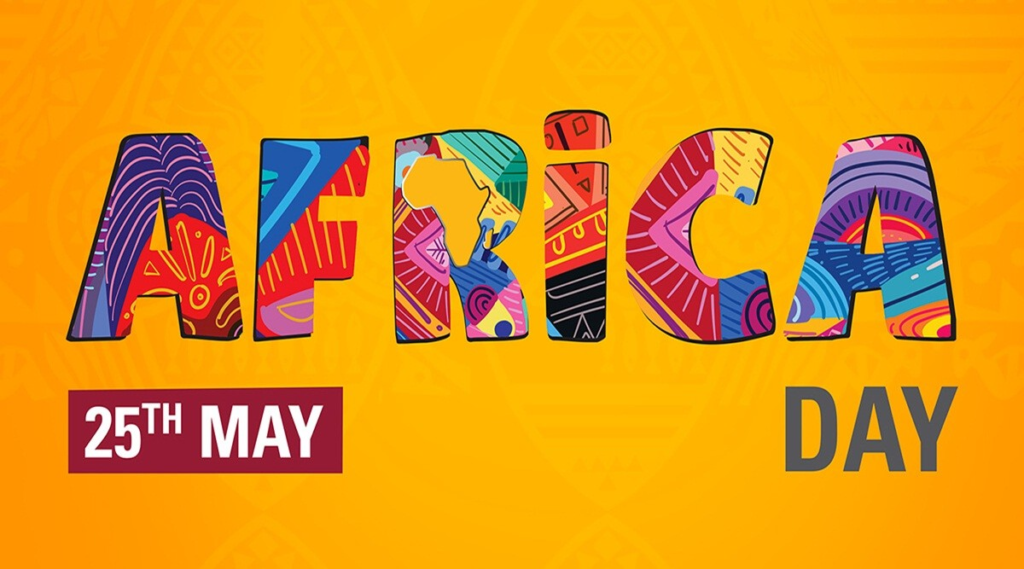
What is Africa Day and why is it celebrated?
60 years ago, the celebration of Africa Day commenced on 25 May 1963. Africa Day marks the establishment of the Organization of African Unity (OAU), now known as the African Union (AU), in 1963. The organization was transformed into the African Union on 9 July 2002 in Durban, South Africa, but the holiday continues to be celebrated annually on 25 May.
It symbolizes the collective aspirations of African nations for unity, liberation, and socio-economic progress. Africa Day celebrates the continent’s rich cultural heritage, resilience, and ongoing efforts toward peace, development, and cooperation.
Africa is known as the world’s second-largest and most populous continent after Asia. There are a total of 54 countries in Africa, with about 1,000 – 2,000 languages spoken on the continent. According to a Havard report, Africa is home to approximately one-third of the world’s languages.
With its vast number of countries and diverse linguistic landscape, Africa represents a treasure trove of languages, traditions, and histories. Celebrating Africa Day provides an opportunity to honour and appreciate the continent’s immense cultural wealth while fostering unity, understanding, and recognition of Africa’s global significance.
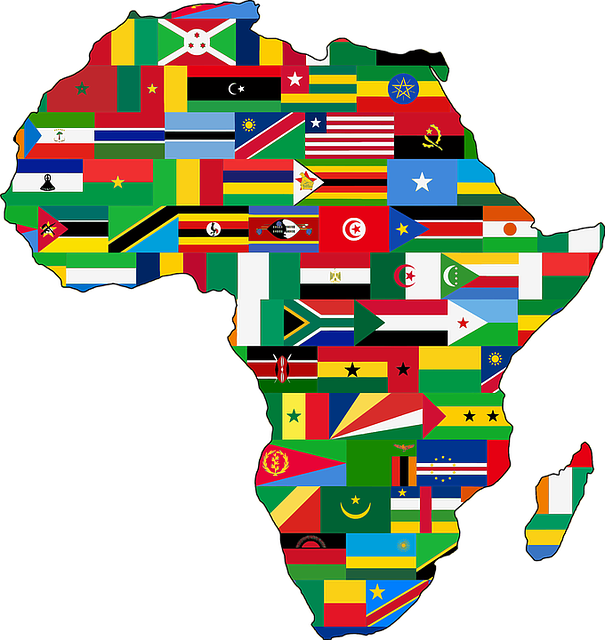
What is the story behind Africa Day?
Story of Unity: Africa Day’s roots trace back to the struggle against colonialism and apartheid. It emerged as a platform for African countries to stand united, voice their aspirations, and inspire generations to come. The historic gathering in Addis Ababa, Ethiopia, where the OAU was formed, ignited the flame of African unity, sparking the birth of Africa Day.
How can we celebrate Africa Day?
In the past, people across Africa commemorated Africa Day with a tapestry of vibrant festivities, music, dance, cultural exhibitions, and thought-provoking discussions. From bustling city streets to rural villages, the day was filled with joy, reflection, and a renewed sense of pride in African heritage.
Today, Africa Day celebrations have expanded globally, fostering cross-cultural dialogue, raising awareness, and showcasing the beauty and diversity of the continent.
Africa Day celebrations around the world
The United Kingdom
Afrikindness celebrated Africa Day by creating awareness of the significance of the day. The organization launched its maiden podcast, hosted by Peace George, and joined by a special guest, Dr. Ollie Folayan – A diversity and Inclusion expert. In the episode, the panel discussion explored how deeply rooted it is in African heritage to celebrate Africa Day and delved into the essence of this special day, and how it embodies the spirit of Africa.
‘’Africa Day begins with love of self and it has everything to do with our identity as Africans. Reflecting on the issues of internalised racism and the ways it affects our perception of self and the way we treat each other’’….Dr Ollie Folayan
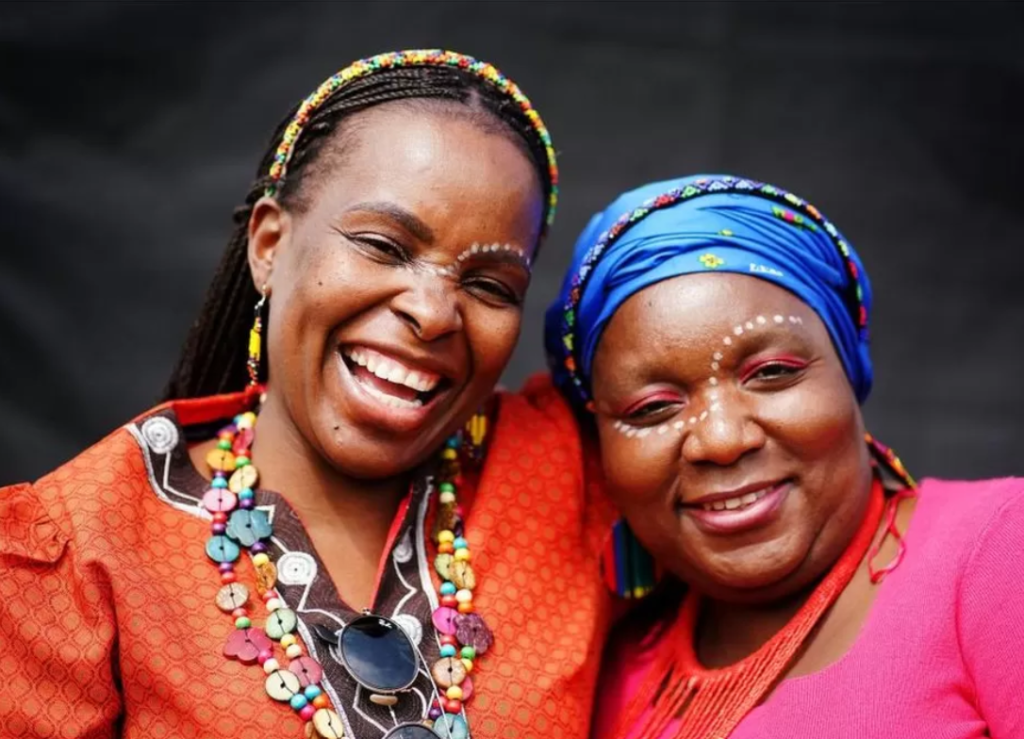
South Africans Tina Sekete and Jane Dlamini are all smiles as they pose for a picture during Africa Day Dublin on Thursday. Ireland’s Department of Foreign Affairs organizes events each year on 25 May to celebrate the people and cultures of the continent. Credit:- BBC
South Africa
The birthplace of Africa Day, South Africa hosted vibrant celebrations in major cities like Johannesburg, Cape Town, and Durban. Festivals, concerts, cultural events, and parades took place, showcasing the diversity of African cultures.
‘Made by Africa, Loved by the World’: Meta launches its Africa Day campaign spotlighting and celebrating Africans making a global impact. Credit: Guardian Nig
A campaign launched by Meta to celebrate Africa Day. Aimed at amplifying the voices and stories of people and businesses from across Africa that are impacting the world. This year’s campaign spotlighted eight creators who are changing the way Africa is viewed globally.
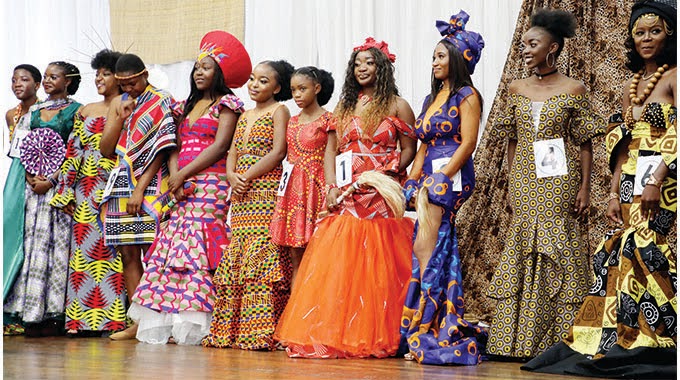
Credit: Chronicle
Zimbabwe
Cultural festivals, exhibitions, and conferences were held to promote African unity and showcase the rich cultural heritage of Zimbabwe and other African nations. There was a roadshow in the city centre, pomp, and fanfare with all party organs and party affiliates attending the roadshow.
The United States
African diaspora communities in cities like New York, Washington D.C., and Los Angeles organize events to mark Africa Day. These events often feature cultural performances, panel discussions, film screenings, and exhibitions that highlight the contributions of Africans and people of African descent.
These are just a few examples, as Africa Day is celebrated in numerous countries worldwide, including those with significant African populations and those that have historical and cultural ties to the African continent. The celebrations serve as opportunities to showcase Africa’s rich diversity, history, and contributions to the global community.
Embracing Africa Day
For Africans, Africa Day offers an opportunity to reflect on the continent’s history, honour African achievements, and embrace cultural diversity. It is a day to reaffirm our commitment to unity, peace, and sustainable development.
Non-Africans can celebrate by engaging in conversations, learning about African cultures, supporting African businesses and initiatives, and standing in solidarity with the aspirations of the African people.
Debunking Myths About Africa Day
Africa Day is sometimes clouded by misconceptions and stereotypes. It is essential to dispel these myths and highlight the incredible progress, diversity, and potential that Africa embodies. By celebrating Africa Day, we can challenge these misconceptions and promote a more accurate and nuanced understanding of the continent.
How to Have a Meaningful Africa Day
To have a fulfilling Africa Day experience, consider immersing yourself in African art, literature, music, and cuisine. Engage in meaningful conversations, share stories, and explore the vast array of African cultures. Embrace the spirit of Ubuntu, the African philosophy of interconnectedness and humanity. Support African initiatives and advocate for equality, justice, and sustainable development across the continent.

Africa Day – Children and Young People
Celebrate, Connect, Contribute: We invite you to join us in celebrating Africa Day and becoming ambassadors for Africa’s rich heritage, diversity, and potential. Engage in conversations, share stories, and challenge stereotypes. Together, we can build bridges of understanding and forge a brighter future for Africa and the world.
Schools can play a vital role in celebrating Africa Day and promoting cultural awareness among students. Here are some ways schools can participate:
- Cultural Showcases: Organize events where students can showcase various aspects of African culture, such as traditional music, dance, art, and fashion. Encourage students to research and present on different African countries and their unique traditions.
- Guest Speakers: Invite guest speakers, such as African artists, musicians, storytellers, or community leaders, to share their experiences and knowledge about African culture and history. This can provide valuable insights and firsthand accounts to enhance students’ understanding.
- Food and Cuisine: Arrange a special African-themed lunch or snacks, featuring traditional dishes from different African countries. This can be a delicious way to introduce students to African cuisine and encourage discussions about food traditions and cultural significance.
- Film Screenings: Screen documentaries or movies that explore African history, culture, or current issues. This can spark meaningful conversations and broaden students’ perspectives on Africa’s diverse realities.
- Art and Craft Activities: Engage students in creative projects inspired by African art, such as mask-making, beadwork, or fabric painting. This allows them to appreciate African artistic traditions and develop their artistic skills.
- Storytelling and Literature: Encourage students to read African literature or listen to African folktales and stories. This can promote cultural understanding, empathy, and appreciation for African storytelling traditions.
- Community Engagement: Collaborate with local African community organizations or individuals to organize cultural exchanges or workshops. This can provide opportunities for students to interact with members of the African community and learn directly from their experiences.
Remember, the key is to create a respectful and inclusive environment that encourages learning, curiosity, and appreciation for Africa’s diverse cultures and contributions.
By actively participating in Africa Day, schools can foster a sense of global citizenship and promote cultural diversity within their student body.
Africa Day is a momentous occasion that showcases the resilience, cultural wealth, and unity of the African continent. By celebrating Africa Day, we acknowledge Africa’s contributions, dispel myths, and work towards a more inclusive, prosperous, and interconnected world.
Let us stand together, embrace Africa’s spirit, and contribute to a future where Africa’s beauty and potential shine bright.
Our Call to Action
Have you celebrated Africa Day before? How did you or would you celebrate Africa Day?









